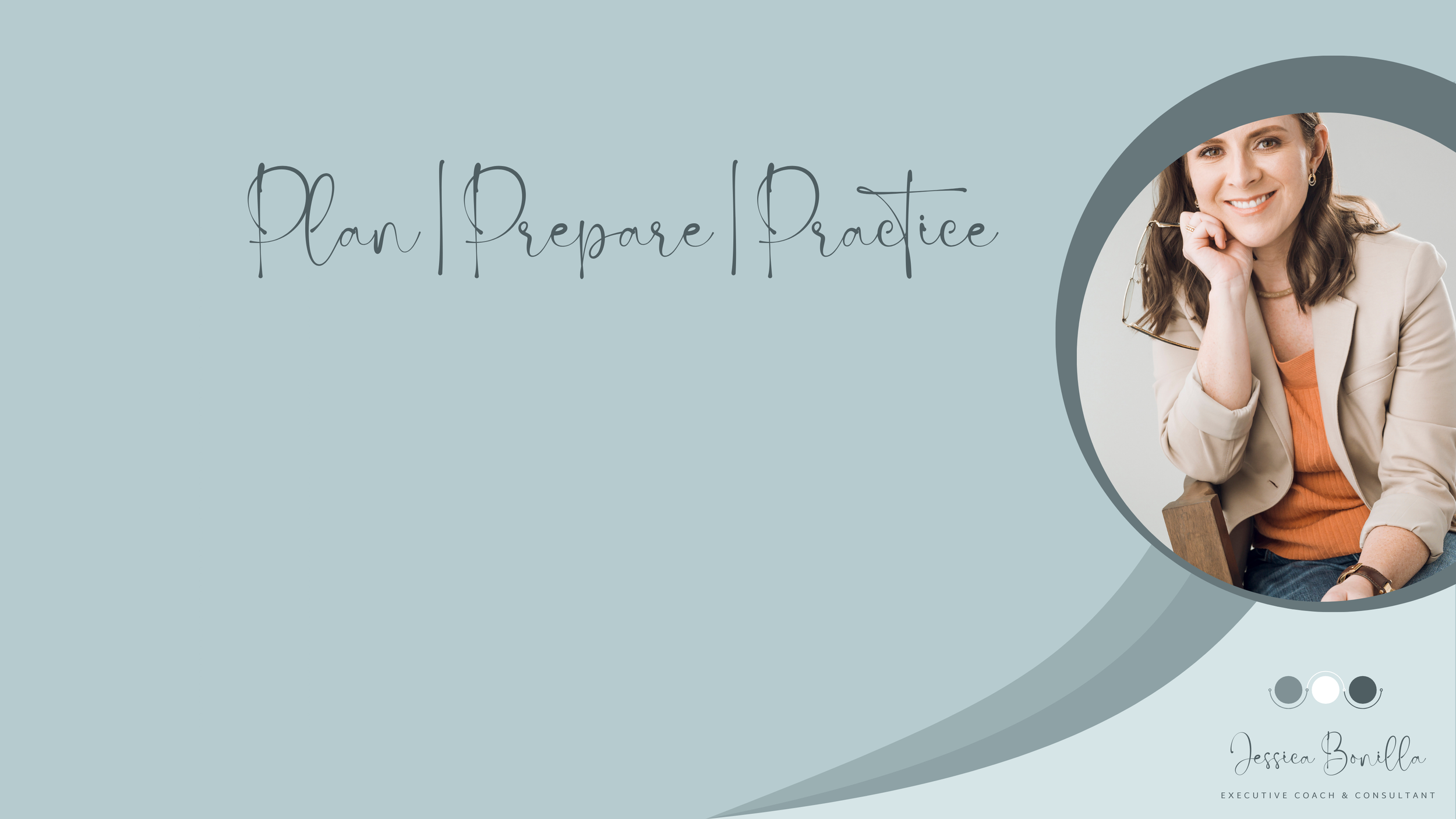How does Sleep impact my Performance as a Leader?
Why This Matters
Recent studies have underscored the profound impact of quality sleep on workplace performance:
You can be more creative: There is a direct relationship between the quality of your sleep and your ability to engage at work and produce better output.
Your working memory is improved: leep plays a crucial role in sharpening your ability to make smart, quick decisions.
You satisfaction at work increases: Quality sleep enhances your perception of your work environment and overall well-being.
Prioritizing quality sleep is not merely a health consideration but a strategic imperative for improving your performance.
Common Challenges
With time limitations and overflow of commitments, being selective and intentional about your sleep is the first bump on the road that you have to recognize. Once you do that, these other obstacles will present themselves:
Falling Asleep:
Many people struggle to fall asleep quickly, often lying awake for hours. This is commonly caused by racing thoughts, stress, or anxiety. The mind can be overloaded with worries or tasks, making it difficult to calm down and transition into sleep. Additionally, exposure to screens and blue light before bed disrupts the production of melatonin, the hormone responsible for regulating the sleep-wake cycle.Staying Asleep:
Waking up in the middle of the night can be just as frustrating as not being able to fall asleep in the first place. This challenge can be caused by several factors, including a restless mind, physical discomfort, or external disturbances (such as noise or light). For some, interruptions in sleep can also be linked to lifestyle habits, such as drinking caffeine or alcohol in the evening, which can disrupt the body’s natural rhythms and affect the quality of sleep.Resting During Sleep:
Even if you manage to fall and stay asleep, you might still not be getting restful sleep. This happens when sleep is fragmented or of poor quality, such as in the case of sleep apnea or tossing and turning throughout the night. Sleep disorders like these prevent the body from reaching the deeper, restorative stages of sleep, which are critical for recovery, memory consolidation, and overall well-being.
Try This Instead
Focus on core actions that produce a domino effect of positive change. Here are five practical tips:
Create a Relaxing Bedtime Routine:
Wind down with activities that help you relax, such as reading a book, taking a warm bath, or practicing mindfulness meditation. Avoid screen time at least 30 minutes before bed to allow your brain to unwind.Limit Stimulants and Distractions:
Avoid caffeine and heavy meals at least 4-6 hours before bedtime. Also, reduce alcohol consumption as it may help you fall asleep initially but disrupts your sleep cycle later in the night.Make Your Sleep Environment Comfortable:
Ensure your bedroom is cool, quiet, and dark. Consider investing in blackout curtains, earplugs, or a white noise machine. A comfortable mattress and pillow tailored to your preferences can also make a significant difference.Establish a Consistent Sleep Schedule:
Go to bed and wake up at the same time every day—even on weekends. This consistency helps regulate your body’s internal clock and improves the overall quality of your sleep.Practice Stress-Reducing Techniques:
Engage in regular physical activity during the day to help reduce stress and improve sleep quality. Also, incorporate relaxation techniques like deep breathing exercises or journaling before bed to calm your mind and prepare for sleep.
Prioritizing sleep is not a luxury—it's a necessity for effective leadership. Remember, the foundation of a Fit to Lead leader starts with a well-rested mind and body. Make sleep a priority, and watch your performance soar.
Consulted sources: BMC Psychology - "The Role of Sleep in Work Engagement and Creative Behavior”, Wikipedia - "Effects of Sleep Deprivation on Cognitive Performance", Frontiers in Psychology - "Sleep Quality and Occupational Well-Being: Predictors of Job Satisfaction and Negative Emotions".

